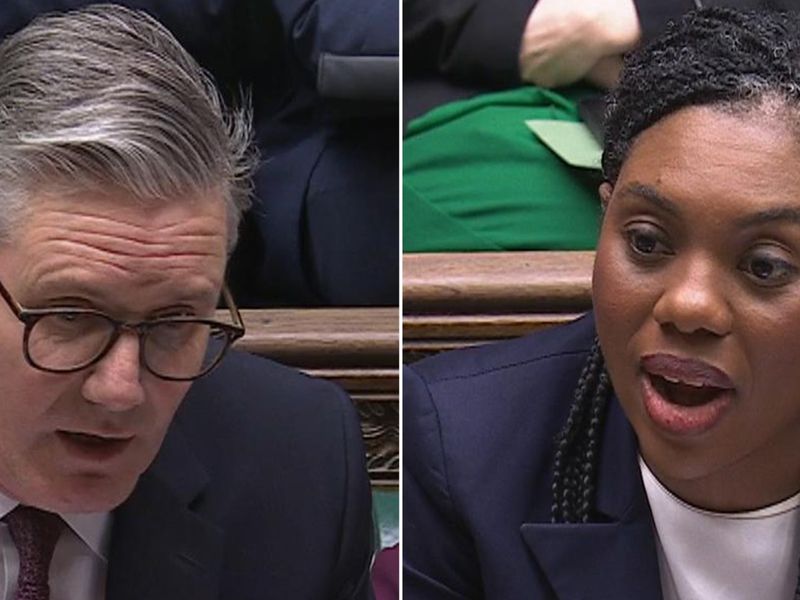
UK’s Top Judge Condemns Starmer’s Remarks on Gaza Immigration Case
The latest political controversy in the UK has sparked a heated debate over judicial independence and immigration policies. England and Wales' most senior judge, Baroness Sue Carr, has strongly criticized Prime Minister Sir Keir Starmer and Conservative leader Kemi Badenoch for their remarks during last week’s Prime Minister’s Questions (PMQs). The comments were centered on a legal ruling that allowed a Palestinian family to settle in the UK—a decision Badenoch called "completely wrong," with Starmer agreeing and pledging to "close the loophole" that permitted it.
At the heart of this issue is a Gaza-based family of six, who applied to live in the UK through a scheme originally designed for Ukrainians fleeing war. Their application was initially rejected but later approved on appeal based on broader human rights considerations, particularly their right to a family life under the European Convention on Human Rights (ECHR). The judges in the case ruled that this was not an attempt to create a new settlement scheme for Palestinians, but rather an exceptional circumstance.
Also Read:- The Jam Drummer Rick Buckler Passes Away at 69
- Bengals Plan to Franchise Tag Tee Higgins Again, but Long-Term Deal in Sight
However, the political fallout has been significant. Baroness Carr called the exchange in Parliament “unacceptable,” arguing that it undermined judicial independence. She stressed that while politicians can disagree with court decisions, they must do so through proper legal channels—such as appeals—not through public criticism that could erode trust in the judiciary. She also raised concerns about increasing threats to judges, partly fueled by political misrepresentation and social media attacks.
Starmer, a former chief prosecutor, defended his position, maintaining that Parliament should set immigration policies, not the courts. Meanwhile, Badenoch doubled down, arguing that politicians must be able to question legal decisions in the interest of public policy. The government insists that changes to immigration laws are necessary to prevent similar cases in the future.
This clash highlights the ongoing tension between political authority and judicial independence in the UK, with serious implications for immigration policy and the rule of law.
Read More:

0 Comments